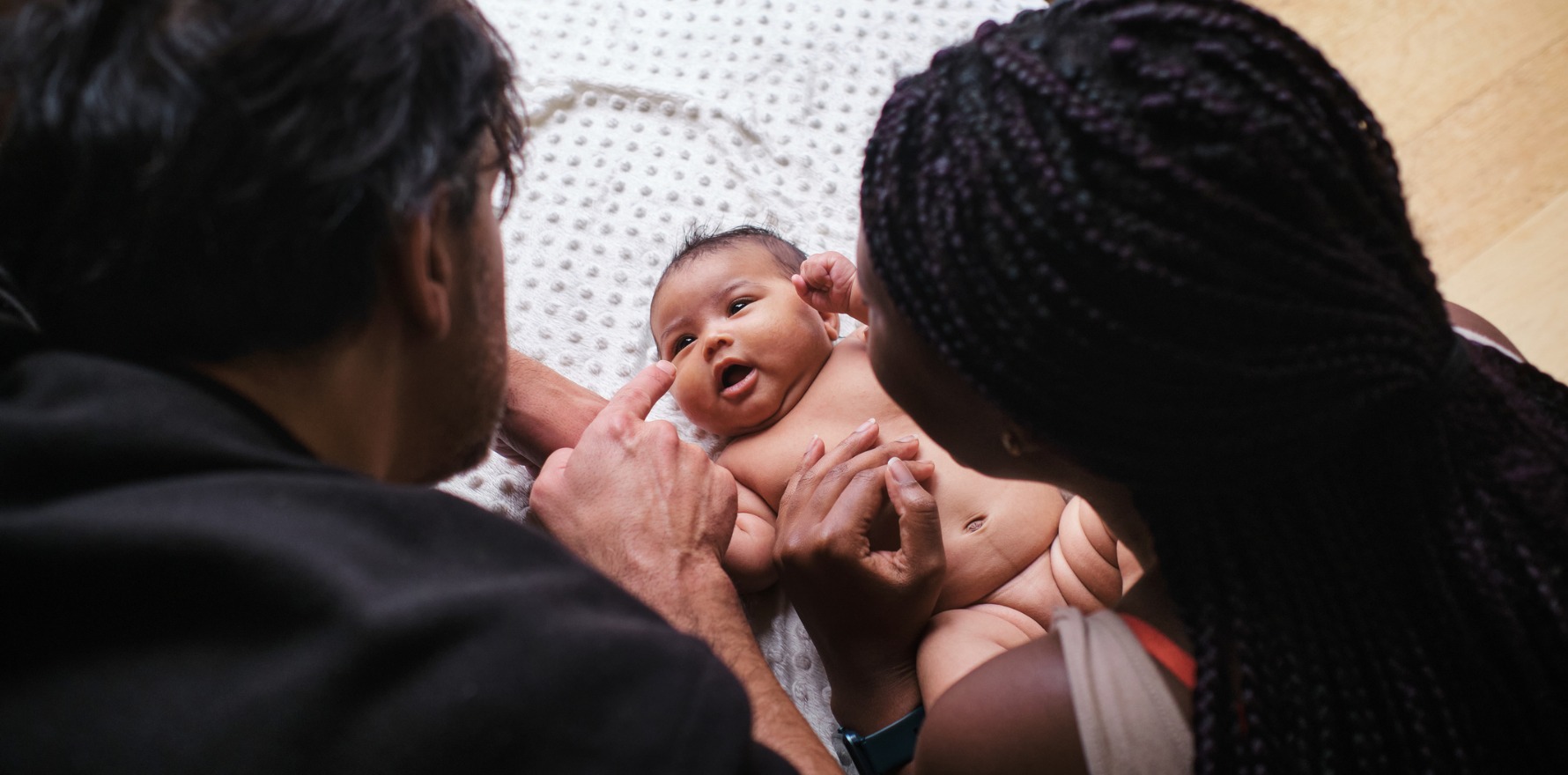While it lessens the risk of a repeat tumour in the same breast, the benefit lasts only a decade, a longitudinal study suggests.
Radiotherapy after breast-conserving surgery may do nothing to extend survivors’ lives, even if it reduces the risk of an imminent recurrence, according to a randomised controlled trial that followed women for up to three decades.
As part of the Scottish Breast Conservation Trial, running across 14 Scottish hospitals since 1985, 589 women were randomised to receive high-dose local/locoregional radiotherapy or no radiotherapy after breast-conserving surgery. They also received tamoxifen or chemotherapy according to their oestrogen receptor status.
All the women were under 70 at baseline and their tumours measured 4cm or less. They were followed up for a median 17.5 years and a maximum of 30 years.
Cancer recurrence in the same breast was about 60% lower in the radiotherapy group than in the controls, but this benefit only applied for the first decade of follow-up. After 10 years, the rate of ipsilateral tumour recurrence was similar in both groups.
“We interpret the parallel curves of local recurrence with or without radiotherapy during the second and third decade to imply that there is no carry-over effect of the benefit of radiotherapy beyond the first decade of treatment,” the authors write.
Ultimately there was no significant difference between the groups in overall survival – 19.2 years for the radiotherapy group versus 18.7 years. Thirty-year overall survival was 27.5% in the controls versus 23.7% with radiotherapy.
This finding is explained by the fact that the no-radiotherapy group had more breast cancer deaths while the radiotherapy group had more deaths from other cancers.
There was no increased cardiovascular mortality risk in the radiotherapy group.
The authors say previous studies have found a benefit from radiotherapy in reducing risk of local recurrence but had shorter follow-ups and were not designed or powered to detect improved survival.
The trial was originally set up to test the hypothesis that radiotherapy would not reduce local recurrence. However, the initial trial was stopped – and that hypothesis rejected – during an interim analysis in 1989 because of an unacceptable rate of relapse in the no-radiotherapy group.
The trial resumed and switched its focus to overall survival rates.
Related
The lack of long-lasting benefit from radiotherapy parallels other adjuvant therapy, the authors note, with various trials suggesting courses of tamoxifen and trastuzumab provide protection for only 10 years.
“In the absence of a longer-term benefit, there is the need to critically appraise the benefits of radiotherapy,” the authors conclude, “given the increasing number of patients with breast cancer who survive for many years, because the risk of recurrence, especially for ER-positive patients, persists for 20-30 years … Although this differential effect of radiotherapy over time should not change recommendations of adjuvant radiotherapy, it does give patients a more nuanced understanding of its benefits over time.”
The study also suggests that the factors that predict early relapse in a treated breast might be different from those involved in late relapses, they write.
The authors note that the initial treatments were performed 40 years ago and not all findings may be generalisable to now, but are confident in their interpretation that radiotherapy has a time-limited benefit.





